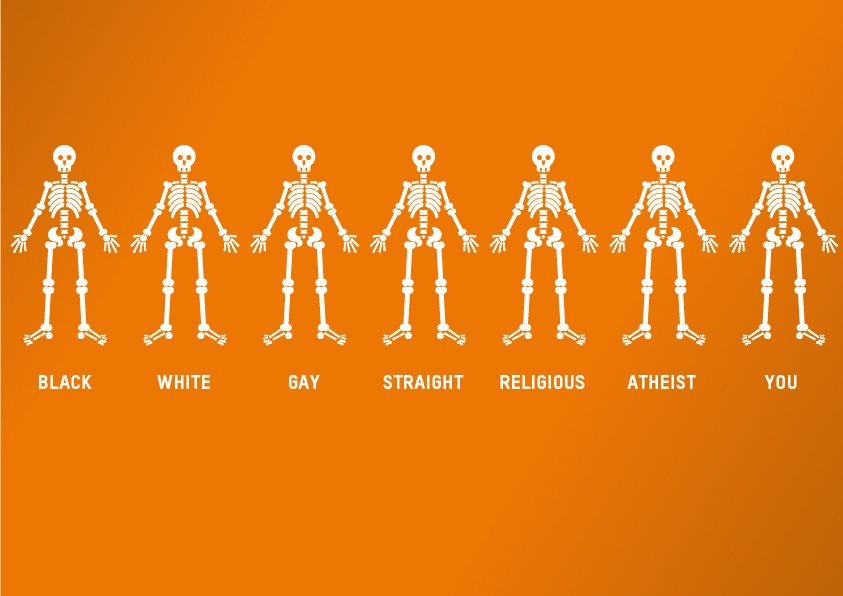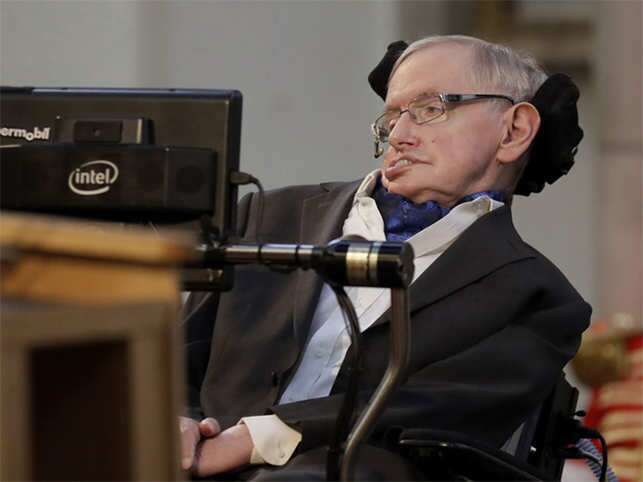Believe nothing,
No matter where you read it,
Or who has said it,
Not even if I have said it,
Unless it agrees with your own reason
And your own common sense.
-BUDDHA

Atheism.
In general, the critique and denial of metaphysical beliefs in God or spiritual beings is called atheism. As such, it is usually distinguished from theism, which affirms the reality of the divine and often seeks to demonstrate its existence. Atheism is also distinguished from agnosticism, which leaves open the question whether there is a god or not.
Atheism And Theism.
To say that atheism is the denial of God or the gods and that it is the opposite of theism, a system of belief that affirms the reality of God and seeks to demonstrate his existence, is inadequate in a number of ways. The influential 20th-century Protestant theologian Paul Tillich, for example, regards the God of theism as an idol and refuses to construe God as a being, even a supreme being, among beings or as an infinite being above finite beings. God, for him, is “being-itself,” the ground of being and meaning.

Atheism in India
The release of the Census 2011 data on religion with a section of Hindutva supporters whipping up passions against the rise in the populations of Muslims and Christian. While much of this has no basis in fact, the hysteria has overshadowed a small but interesting religious statistic the census threw up: the number of people who professed following no religion.
Around 29 lakh people in India fall into the “religion not stated” category in the Census 2011 results. This comes to only about 0.24% of India’s population, but it does represent a significant jump from a decade back. In the 2001 Census, government enumerators had recorded only 7 lakh people under the “religion not stated” category.

Atheism In Jainism and Buddhism
While Buddhism is a tradition focused on spiritual liberation, it is not a theistic religion. The Buddha himself rejected the idea of a creator god, and Buddhist philosophers have even argued that belief in an eternal god is nothing but a distraction for humans seeking enlightenment. While Buddhism does not argue that gods don’t exist, gods are seen as completely irrelevant to those who strive for enlightenment.

A similar form of functional atheism can also be found in the ancient Asian religion of Jainism, a tradition that emphasises non-violence toward all living beings, non-attachment to worldly possessions, and ascetic practice. While Jains believe in an eternal soul, or jiva, that can be reborn, they do not believe in a divine creator. According to Jainism, the universe is eternal, and while gods may exist, they too must be reborn, just like humans are. The gods play no role in spiritual liberation and enlightenment; humans must find their own path to enlightenment with the help of wise human teachers.
Atheism in Hinduism
The Samkhya school of Hindu philosophy is one such example. It believes that humans can achieve liberation for themselves by freeing their own spirit from the realm of matter.
Another example is the Mimamsa school. This school also rejects the idea of a creator God. The Mimamsa philosopher Kumarila said that if a god had created the world by himself in the beginning, how could anyone else possibly confirm it? Kumarila further argued that if a merciful god had created the world, it could not have been as full of suffering as it is.
“You could just as well say that an agnostic is a deeply religious person with at least a rudimentary knowledge of human fallibility.”- CARL SAGAN
Other facts-
However, an agnostic neither believes nor disbelieves in a god or religious doctrine. Agnostics assert that it’s impossible for human beings to know anything about how the universe was created and if divine beings exist.
Agnosticism was coined by biologist T.H. Huxley and comes from the Greek agnostos, which means “unknown or unknowable.”
Deists are often connected to Isaac Newton’s Clockwork Universe theory, where the universe is compared to a clock that has been wound up and set in motion by God but is governed by the laws of science.
Stephan Hawking on faith?
He answers, “We are each free to believe what we want, and it's my view that the simplest explanation is that there is no God. No one created the universe and no one directs our fate.”
He then goes on to write: “This leads me to a profound realisation – there is probably no heaven and afterlife either. I think belief in an afterlife is just wishful thinking. There is no reliable evidence for it, and it flies in the face of everything we know in science.”

